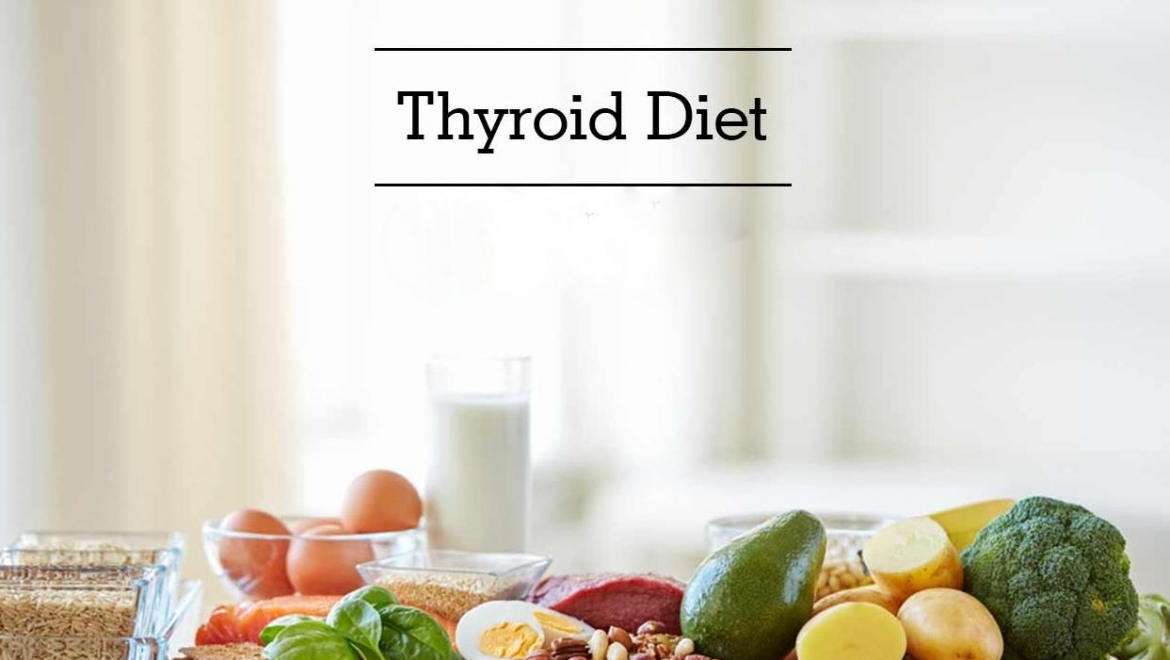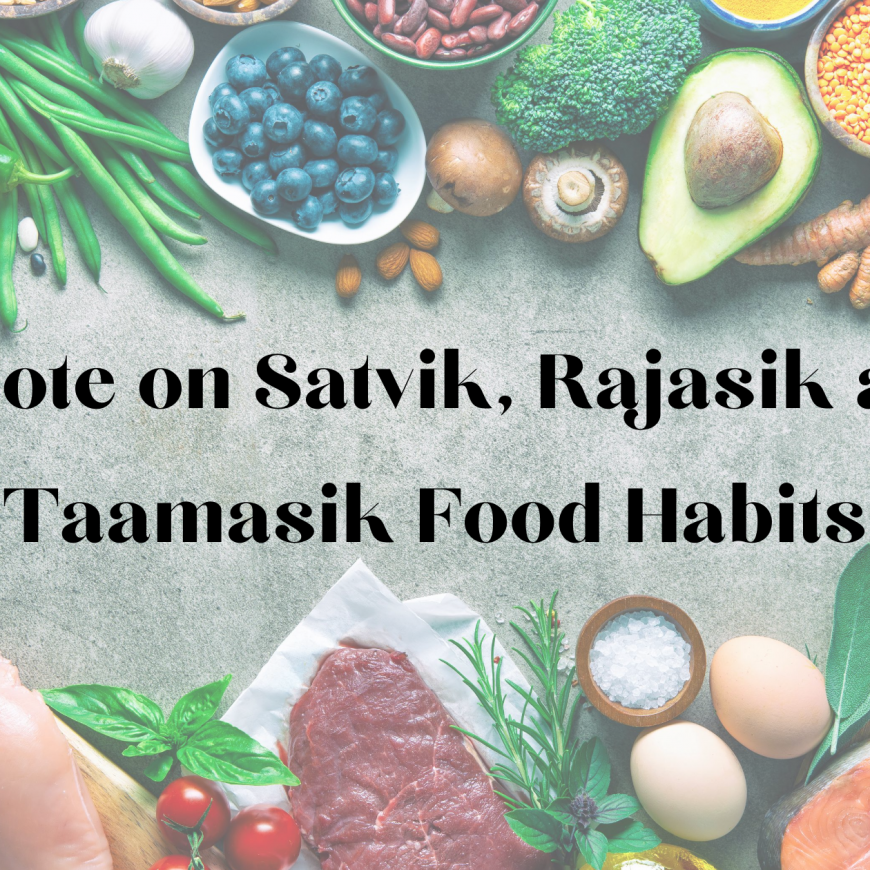Though a small gland located on the neck, the thyroid does some big work for the body – in younger individuals, it maintains growth and development, and in adulthood, it ensures optimal body metabolism. Thus, troubles in the thyroid gland can create major issues. One of the most common type of problem-related to the thyroid gland is hypothyroidism, where the gland does not produce enough hormone for the body’s requirement.
(As per yogic philosophy, thyroid problems are connected with Vishuddhi Charka, located in the throat region, which is responsible for communication and the cure also lies in understanding it at psychological/mental level. We will be writing about it soon)
For addressing the issue quick and fast, we suggest medical help. As soon as the problem is diagnosed medically, we suggest you to start diet tips to avoid these issues in the first place or to prevent the negative effects of low thyroid activity as well as yoga practice. Here are some important diet tips you should keep in mind –
- Eat A Plant-Centric, Balanced Meal –
A very common result of thyroid problems is weight gain – and as you gain weight, the amount of thyroid hormone required increases, which thus creates further problems. Hence, it is best to stick to a healthy diet of plant-based products and keep away from highly processed, junk foods. Not only would this help your thyroid functioning better by providing you with key nutrients, but it would also ensure that you do not gain weight as a result of low thyroid levels.
Try eating a balanced diet and eat things that are low of carbohydrates and fat. Try shifting to diet low on GI (Glycemic Index) and and with low processing. In fact, this kind of dietary change is generally health for most of the Indian population.
- Ensure You Are Getting These Nutrients –
Iodine is a critical nutrient required for the production of the thyroid hormone, and thus iodine deficiency can lead to, or further increase thyroid problems. Iodized salt is the best way to ensure that you get this nutrient in the required amounts. Eggs, fish, and dairy products are also high on iodine. However, do not go overboard with nutrient. You may not need supplements if your diet already has iodine, and over consumption of the nutrient may actually damage the thyroid gland.
Selenium, found in fish, legumes and eggs, and zinc, found in chicken and shellfish, are also good nutrients to add into your diet, as they help in activating the thyroid hormones.
Tyrosine, again found in meat products, dairy, and legumes helps in production of T3, T4 and hence is important.
- Eat Foods Like –
Fruits and vegetables are your best friends if you are suffering from thyroid problems. Fish, high in omega-3 and rich in selenium, is also something to add if you are non-vegetarian. Many types of nuts, including hazelnuts, Brazil nuts and macadamia nuts are high on selenium too and make for great snack options. Regular dairy consumption is also a great dietary habit. Alongside maintaining your thyroid levels, these dietary options can also help you regulate the weight gain that often accompanies thyroid problems.
- Try Avoiding Some Foods Like –
Products high on gluten, such as pasta and bread may hamper thyroid medication absorption, cruciferous vegetables such as cabbage may interfere with thyroid hormone production, and research has also suggested that soy intake should be looked into, and avoided if possible. This does not mean that you have to completely give up on these products, however, it may be best for you to at least limit their consumption. Do ensure that you also replace these foods with equivalents that do not irritate the thyroid and provide similar nutrients – for example, the green leafiness of cabbage can be easily replaced with spinach or kale.
- Do Not Be Quick To Make Changes –
With a diagnosis or at-risk declaration, you may feel the need immediately and drastically change your diet to prevent negative effects of thyroid problems. However, a sudden overhaul in your diet may actually hurt your body more. It will lead to great changes in nutrition, metabolism, and tolerance, and you may miss out on important nutrients in hasty diet-building. Thus, ensure that all changes are gradual, and assess their impact and possible side-effects in advance so that you can deal with them properly.
- Supplements Should Be The Last Resort –
It is tempting to think that with the rich concoction of supplements you can eat whatever you want, but nothing lies farther from the truth. Nutritional supplements should only be taken when recommended by the doctor. Otherwise, you end up taking intense doses of nutrients and minerals meant to be consumed in small doses, which are not absorbed properly and can cause additional problems on top. Dealing with something as chronic and broad-impacting as thyroid problems can seem like an upward battle, but with the right dietary habits, you can begin taking some steps towards a healthier life. Remember, however, that diet is only a small part of the lifestyle changes required to live with thyroid issues effectively. Regular exercise, sleep, and a positive attitude are all important components too.





Add Comment